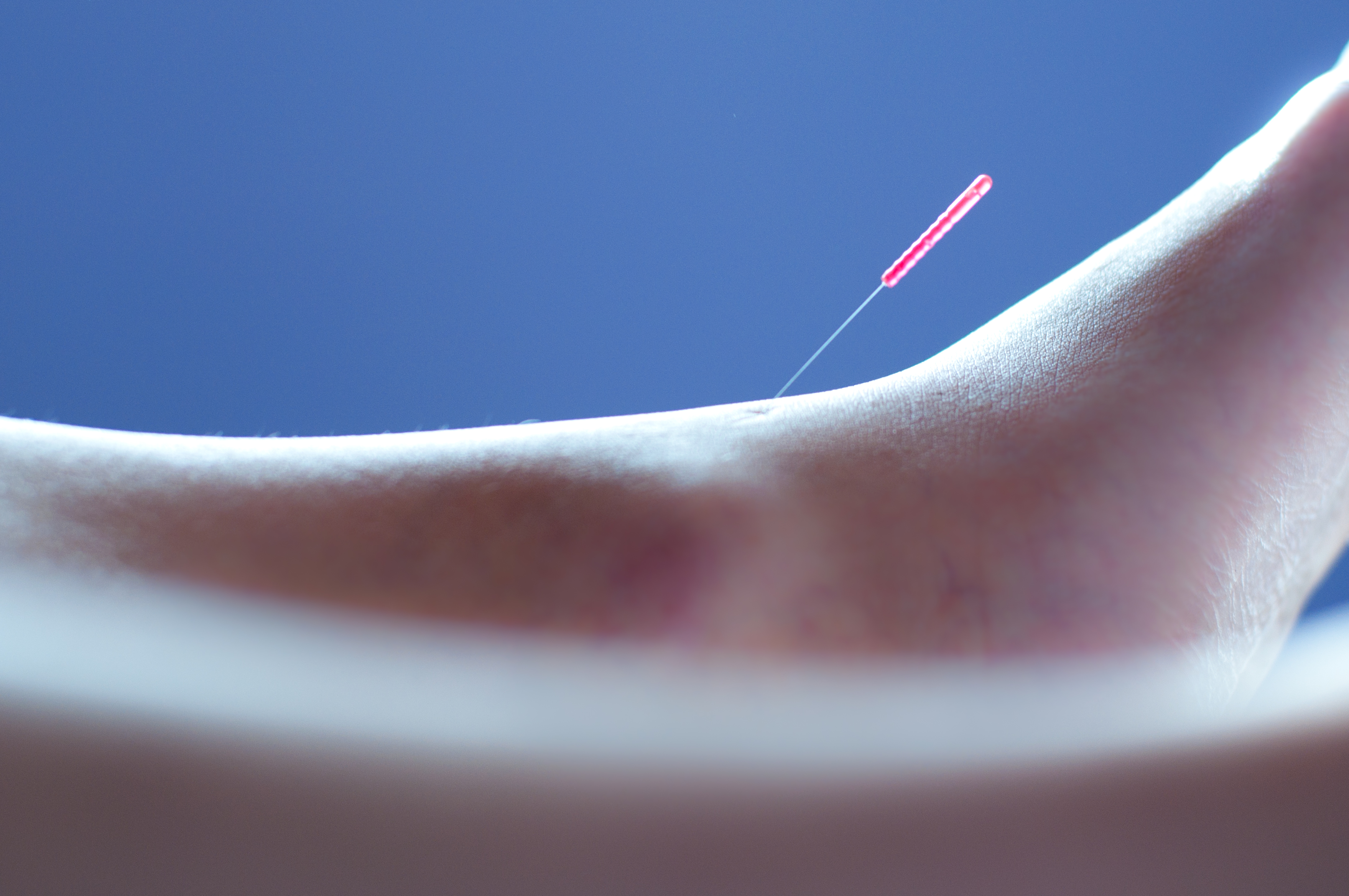What is Acupuncture?
These days, it seems that almost everybody is interested in holistic health. Acupuncture is among the long list of complementary and alternative medicines that are increasingly popular. It may seem counterintuitive that sticking needles in yourself could actually benefit your well-being, but recent studies have shown that the claims made in favor of acupuncture may not be so absurd after all.
Acupuncture is an ancient practice that began thousands of years ago in China. It is used to relieve painful symptoms by inserting thin needles into the skin at specific points of the body. The practice is still controversial among Western doctors and scientists, but there is some evidence that it actually works.
The Good
Though it is true that the practice of acupuncture arose before there was much scientific understanding of human biology, that does not mean that it’s all hocus pocus. The World Health Organization (WHO) says that acupuncture is an effective treatment for 28 conditions including tension headaches, back pain, hypertension, and fibromyalgia. It has also been found to relieve pain and nausea due to chemotherapy and reduce the need for painkillers after surgery. The reason many in the medical community dismiss acupuncture is that they believe it is still based on the ancient Chinese beliefs of chi and meridians. However, there is actual scientific reasoning behind it, as is explained in the British Medical Journal. It is thought that the needles stimulate nerves that trigger the release of “happy” hormones, such as opioids and serotonin. The same effect can be felt if the needles are placed in points other than the traditional meridians used, showing that it’s not the necessarily specific points that are responsible for the benefits of acupuncture.
Source: Mike Kemp
The Bad
Unfortunately, studies aren’t always reliable. These may seem officially proven with science, but many of these studies are poorly designed and hard to control. It’s difficult to measure and quantify subjective data like pain relief, which is often used to determine the efficacy of acupuncture treatments. This is not to say that the findings are invalid, but it does diminish their certainty.
What does this mean?
Well it means that you shouldn’t get your hopes up thinking that all your ailments will be fixed with a few visits to your local acupuncturist. However, if you have back pain, headaches or any of the other problems that acupuncture seems to help alleviate, give it a try! It might just work.
Feature Image Source: Marnie Joyce










